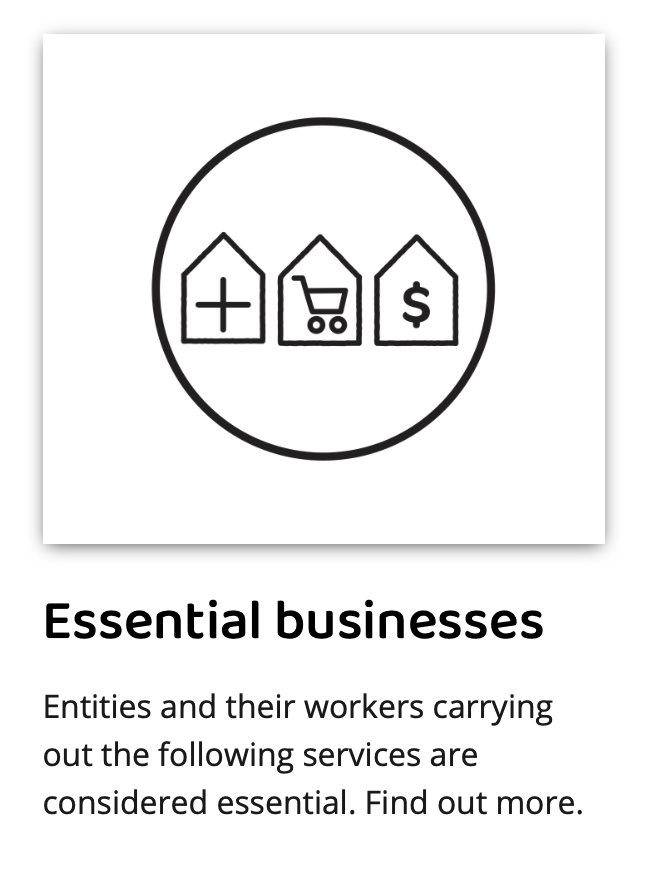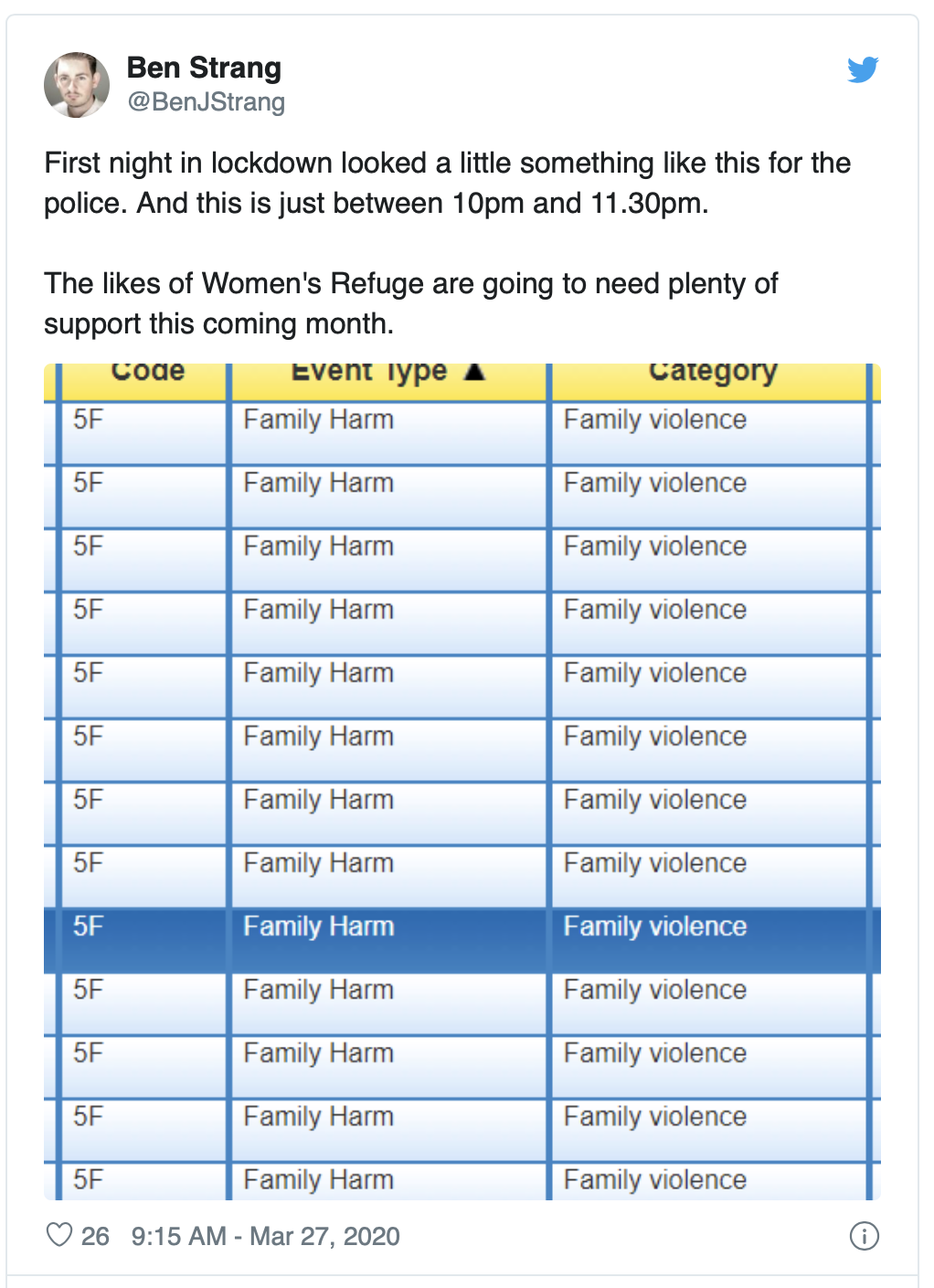The anatomy of our society
This pandemic lays bare the anatomy of our society.
Our response to the imminent threat of mass deaths from Covid-19 is to ask: What is essential to sustain life?
In Aotearoa New Zealand the answer is food and medical help
. We are at a Level 4 Alert, which means the country is shut down and we are to stay home, leaving only for those two essential reasons (or a health-supporting walk in the fresh air).

But there is also an essential support layer that requires people to be out of their homes: we need governance and security, we need a supply system for the essential goods: trucks and drivers, and people who maintain our ports, electricity, water, sewage, Internet, media. We need people who care for the vulnerable. We need a banking system and those who staff the supermarkets, cleaners for the offices of those who cannot work from home. We still need systems and people to deal with the dead, ensure animal welfare, to remove rubbish. Who grows and harvests the food?
And it goes even further: who produces the medical supplies such as protective masks, and where do the raw materials for them come from? Who repairs the supply trucks and where do the spare parts come from?
It's fascinating to see how our society is knitted together, how all the parts are ravelled together.
Our government (and all the policy analysts and scientists and communicators behind the scenes) have decided for us as a country what is essential and what is required for our welfare.
We all as individuals too are confronted by this question of What is essential to sustain life?
We each need to map out for ourselves what is most essential in our own lives.

The social dimension is also being revealed. There are those who have two houses: town and country. If they decide to wait out the shutdown in the country there's a risk they bring the virus from a populous place to a remote location, then adding stress to perhaps already inadequate medical services.
Some folks live in overcrowded and perhaps underresourced accommodation. Some have no home and live on the streets. And then there are those for whom home is not a safe place at all, but instead a locus of violence.
And what about all the many visitors and migrant seasonal workers? With travel massively disrupted perhaps they can't get home. Where do they stay?
And on the other hand thousands of Kiwis have returned from overseas to wait out the pandemic in their own country.
It seems that every aspect of our society is being brought under scrutiny. All its inner workings are being revealed, and questioned.
This is a huge social anatomy lesson for all of us — on a macro and a micro level.